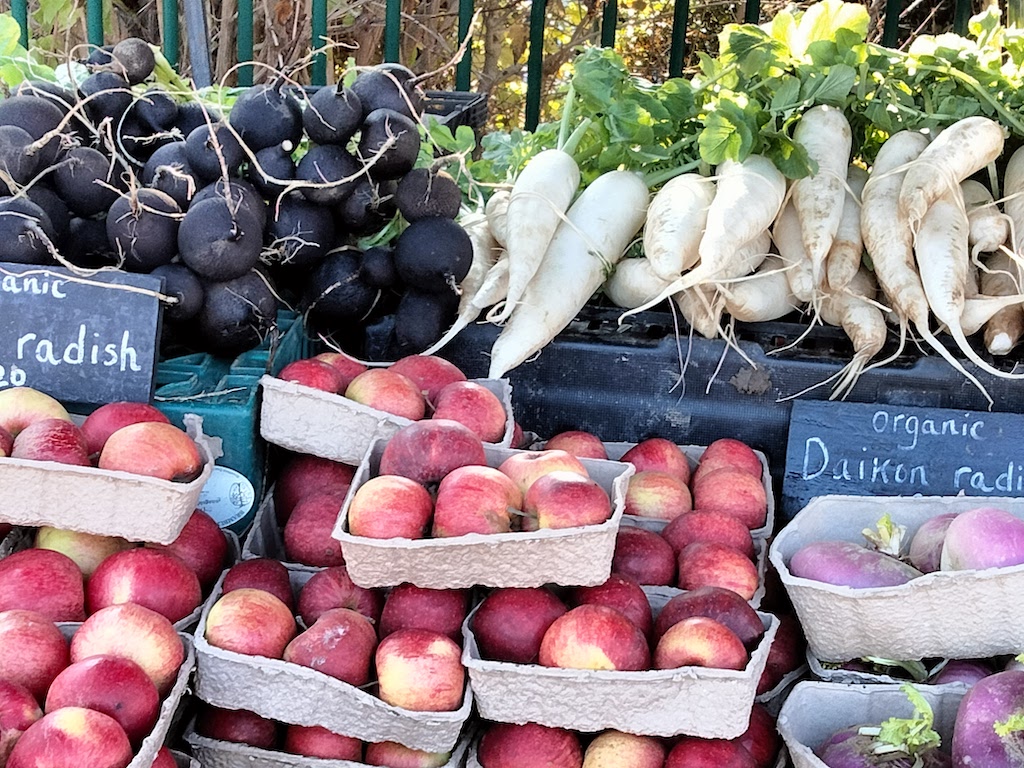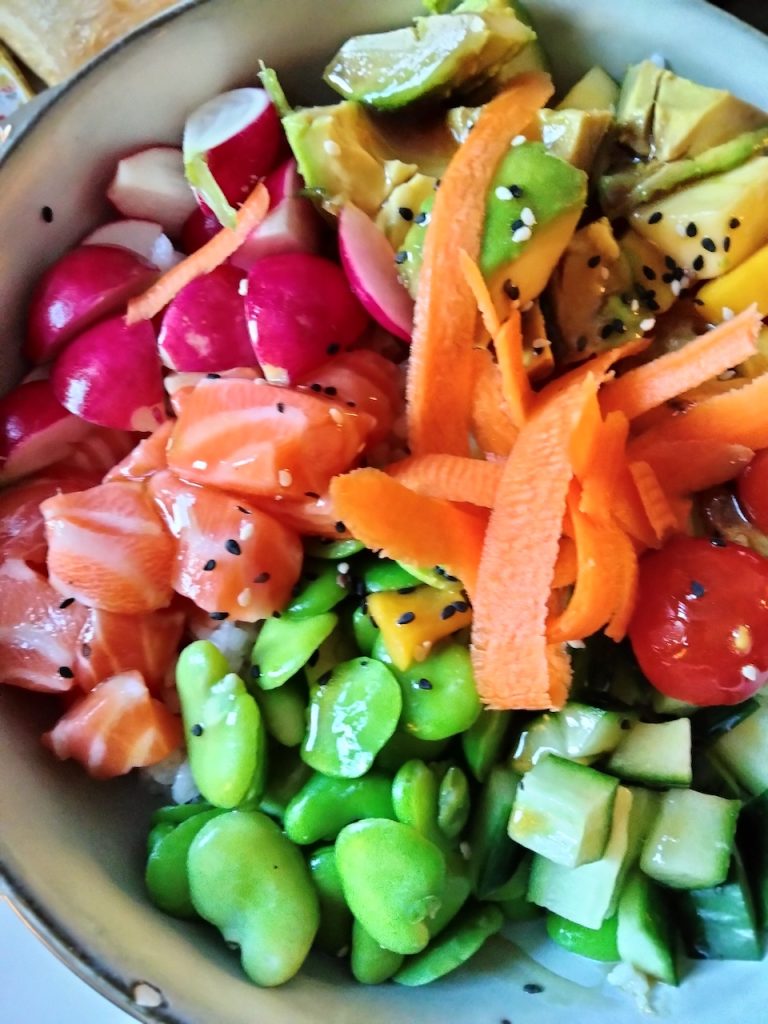Artichoke Health Benefits
Artichokes, though referred to as a vegetable, are actually a ‘thistle.’ Artichokes are high in dietary fiber, which promotes digestive health and may lower LDL (bad cholesterol) as well as promote heart health. They are rich in magnesium, a major mineral that is key for healthy blood pressure and folate, a B vitamin essential for nerve function.
One major benefit of eating artichokes is that they contain inulin, a type of fiber which acts as a prebiotic. Prebiotics are foods (typically high-fiber foods) that act as food for human microflora (aka, gut bacteria). Prebiotics can improve the balance of the microorganisms in your gut. Healthy gut bacteria play a role in overall health, including immune system integrity. Other foods that contain prebiotics include almonds, bananas, whole grain wheat/corn/rye/barley, flaxseeds and cabbage.
Eat artichokes may hot or cold. To eat them, pull off the outer petals one at a time. Dip in a sauce, if you like and pull through your teeth to remove the soft, pulpy portion of the petal. Discard the rest of the petal. Then get to the heart by spooning out (and discarding) the fuzzy center part at the base. On the bottom you will find the heart, which is 100% edible.
Does uncovering the heart sound like too much work? Buy a bag of frozen artichoke hearts, a jar of artichoke hearts (in water) or canned. They add a tangy zip to salads.









